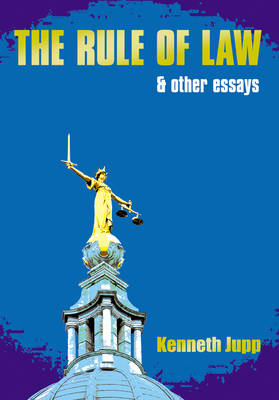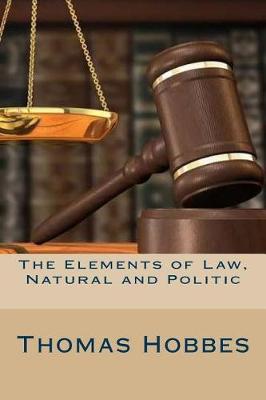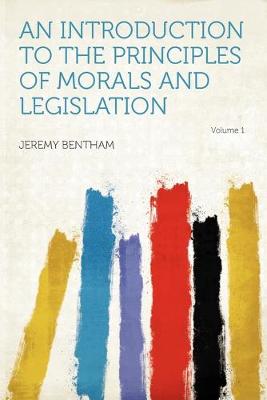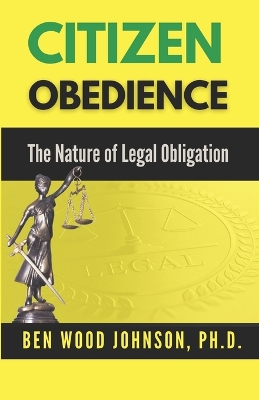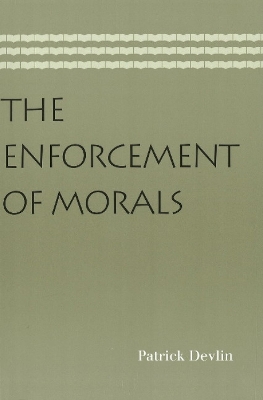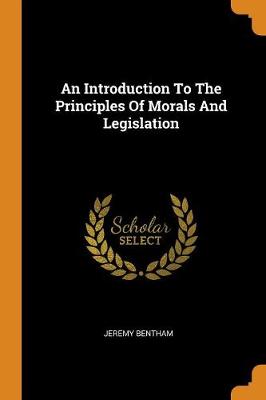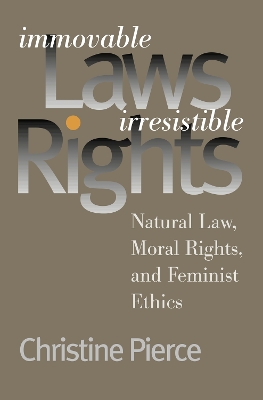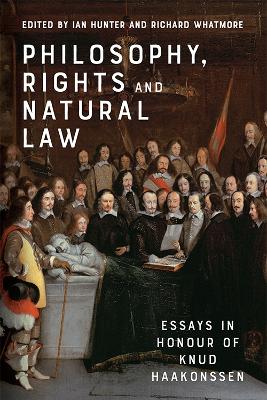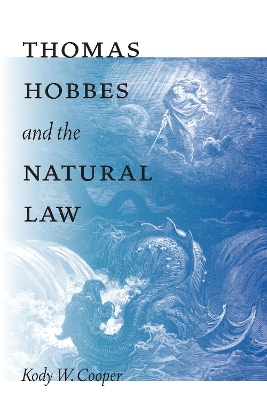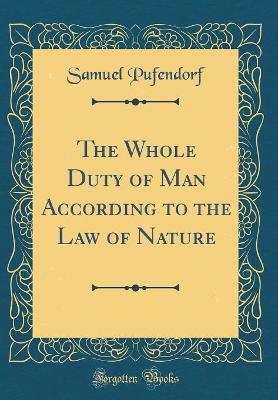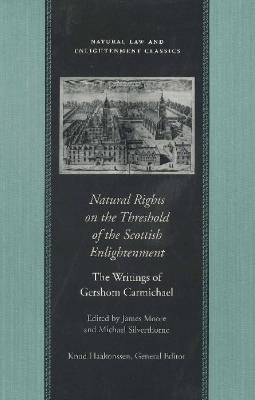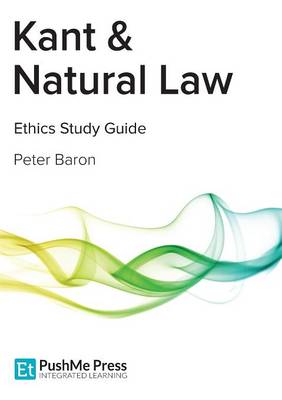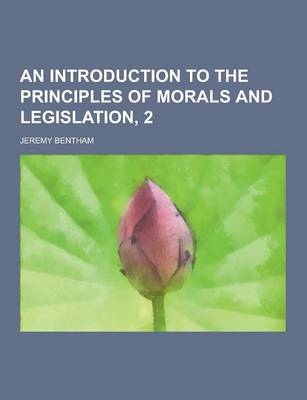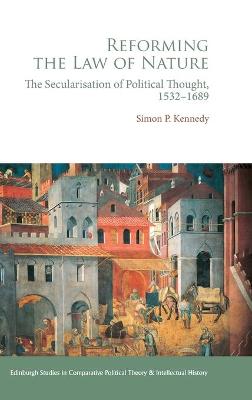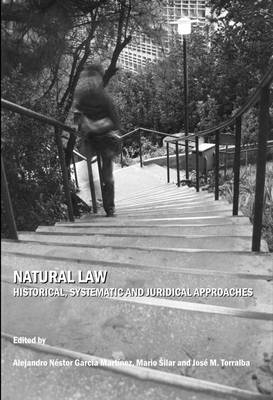Drawing on his fifteen years' experience as a High Court judge in England, the author explores the concept of justice in seven essays. He acknowledges that definition is far from easy but argues that justice today tends to be confined within the phrase 'social justice', which is inextricably bound up with the remedies promoted by socialist governments - even the policies of 'right-wing' governments in the West are to some extent based on socialist principles. If justice is a difficult concept, i...
The law is often thought to be primarily concerned with organising responsibility by creating and imposing various obligations. This book offers a contrasting view - namely that legal institutions, through their practices, concepts and categories, in fact deflect responsibility, instead promoting an irresponsibility of sorts. This stance challenges the conventional way in which the law and its bodies have been consistently viewed.
A Companion to Hobbes (Blackwell Companions to Philosophy)
Offers comprehensive treatment of Thomas Hobbes’s thought, providing readers with different ways of understanding Hobbes as a systematic philosopher As one of the founders of modern political philosophy, Thomas Hobbes is best known for his ideas regarding the nature of legitimate government and the necessity of society submitting to the absolute authority of sovereign power. Yet Hobbes produced a wide range of writings, from translations of texts by Homer and Thucydides, to interpretations of...
'the state of men without civil society (which state we may properly call the state of nature) is nothing else but a mere war of all against all.' Thomas Hobbes was the first great philosopher to write in English. His account of the human condition, first developed in The Elements of Law (1640), which comprises Human Nature and De Corpore Politico, is a direct product of the intellectural and political strife of the seventeenth century. It is also a remarkably penetrating look at human nature,...
Ethics and the Law (Toronto Studies in Philosophy)
An Introduction to the Principles of Morals and Legislation (Cosimo Classics Philosophy) (Jeremy Bentham)
by Jeremy Bentham
Thomas Aquinas needs no introduction as one of the greatest minds of the Middle Ages. Highly influential on the development of Christian doctrine, his ideas are still of fundamental philosophical importance. This new critique of his theory of natural law discusses the background of the theory in Aristotle and advances new interpretations of contemporary legal issues which hark back to Aquinas.
Immovable Laws, Irresistible Rights (Feminist Ethics)
by Christine Pierce
Same-sex partnerships. Pregnancy through in vitro fertilization. Ending one's own life in dignity. All are deemed inherently wrong by the standards of natural law ethics, but for many people they represent legitimate life choices that are morally right. Now a leading feminist critic of the natural law tradition explores the ongoing confrontation between natural law and moral rights to argue that rights constitute a more solid grounding for ethics in human affairs - and for feminist thought. In t...
Over his long and illustrious career, Knud Haakonssen has explored the role of natural law in formulating doctrines of obligation and rights in accordance with the interests of early modern polities and churches. The essays collected in this volume range across this exciting and contested field. These 13 new essays acknowledge Haakonssen's immense academic achievement and give us new insights into the cultural and political role of law and rights in a variety of historical contexts and circumsta...
Jeremy Bentham's work on The Principles of Morals and Legislation emerges from its historic roots in hedonism and teleology as a scientific attempt to assess the moral content of human action by focusing on its results or consequences. Proceeding from the assumption that human beings desire pleasure (and avoid pain), Bentham's unique perspective, known as utilitarianism, is used to construct a fascinating calculus for determining which action to perform when confronted with situations requiring...
Has Hobbesian moral and political theory been fundamentally misinterpreted by most of his readers? Since the criticism of John Bramhall, Hobbes has generally been regarded as advancing a moral and political theory that is antithetical to classical natural law theory. Kody Cooper challenges this traditional interpretation of Hobbes in Thomas Hobbes and the Natural Law. Hobbes affirms two essential theses of classical natural law theory: the capacity of practical reason to grasp intelligible goods...
Doctrine Sociale, Ou Principes Universels Des Lois Et Des Rapports de Peuple A Peuple (Philosophie)
by Bonnin-C-J-B
The Whole Duty of Man According to the Law of Nature (Classic Reprint)
by Samuel Pufendorf
Natural Rights on the Threshold of the Scottish Enlightenment (Natural Law & Enlightenment Classics)
by Gershom Carmichael
An Introduction to the Principles of Morals and Legislation, 2
by Jeremy Bentham
Reforming the Law of Nature (Edinburgh Studies in Comparative Political Theory and Intellectual History)
by Simon Kennedy
Natural Law
Modern moral and political philosophy is in debt with natural law theory, both in its ancient and mediaeval elaborations. While the very notion of a natural law has proved highly controversial among 20th Century scholars, the last decades have witnessed a renewed interest in it. Indeed, the threats and challenges as result of multiculturalism, plural societies and global changes have generated a renewed attention to natural law theory. Clearly, it offers solid basis as possible framework to a be...
